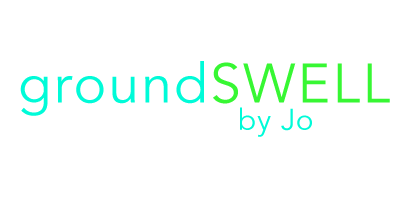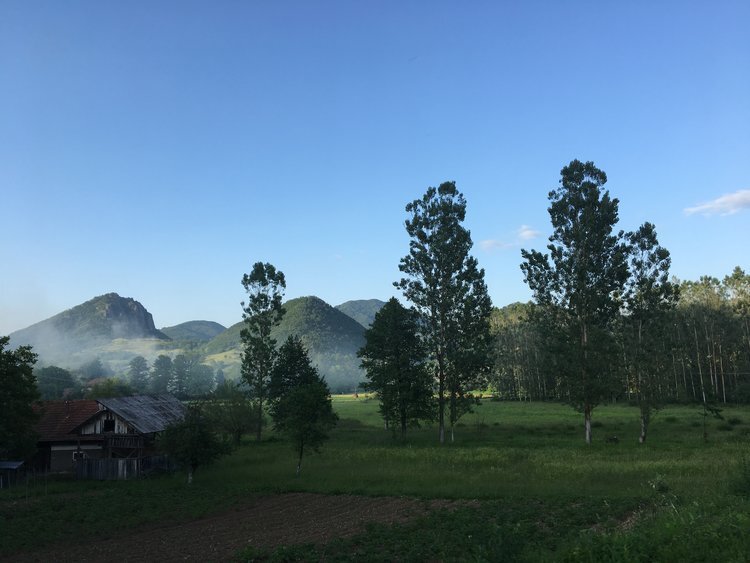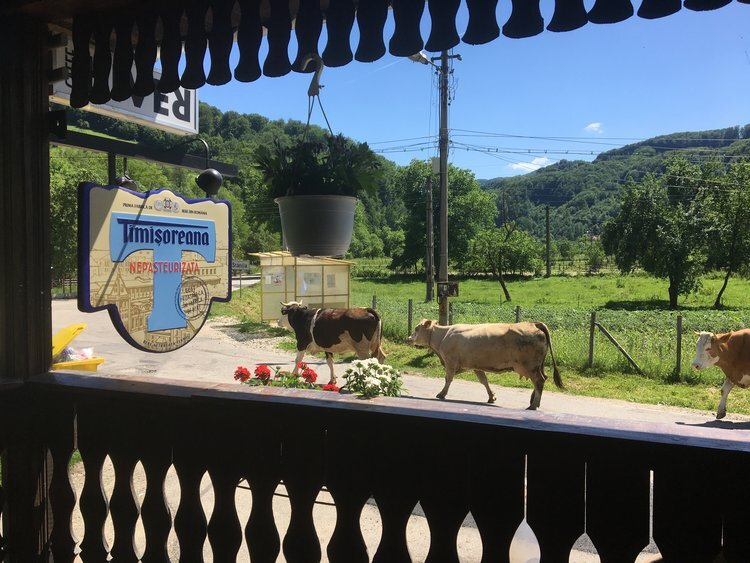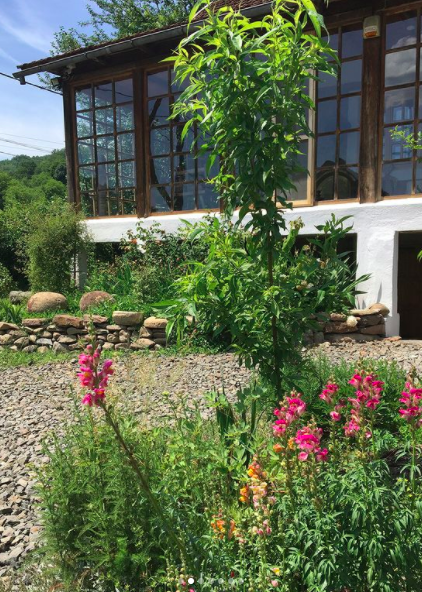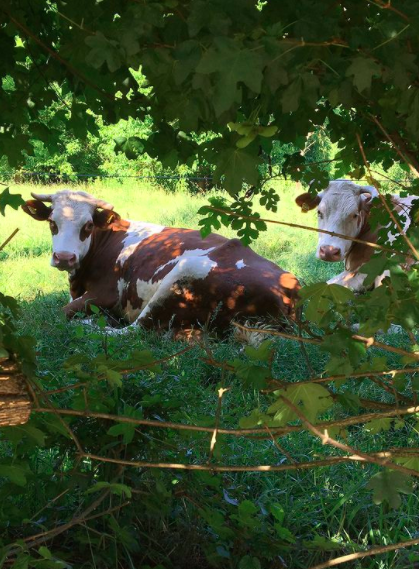by Eileen Le Guillou
It was 2018, I had just joined Groundplans as a partner, and I was eager to explore. Growing up as the daughter of a business owner, and now a business owner myself, I couldn’t help but infuse a bit of work into my vacation with friends. A long time family friend and textile conservationist had moved back to her native town in Transylvania to invest in the culture and economy of the region through museum work. Prominent Romanian politicians and ambassadors flocked to the opening to show support for an area that, once prosperous, had been neglected following the fall of the communist regime. I spontaneously booked a trip from Paris to Sibiu and began my journey through one of the most beautiful places I’ve seen. Picturesque mountains and valleys appear untouched save for roaming livestock.
Native grasses and flowers grow tall and winding streams flow uninterrupted. In the afternoons before lunch I’d walk down the main dirt road that seemed to stretch endlessly into neighboring farms, sun drenched meadows and cool woods. It was spectacular. I could hear the birds and crickets at any hour of the day and felt no hint of polluted air.
We feasted on garden fresh strawberries, roasted zucchini and tomatoes, cheese and meats from the farm, homemade cookies that even my gluten intolerant stomach loved. Wifi and cell service barely touched these parts; I felt like I could have been living in any century, and the peace and self sufficiency of it felt like an important foil to the New York City life I’d grown up in.
Our friend’s daughter started her life in New York City, too. She’d gone to the Rudolph Steiner school on the upper east side and decided as a teenager, after spending summers with her grandmother and aunts in Romania, to leave behind her city life for the countryside. I remembered hearing this story growing up and finding it incomprehensible; when I awoke to my first morning in the cozy, silent attic bedroom looking out from the floor to ceiling windows onto the wild garden below, I understood.
Morning view
The real reason I was there was to talk rugs. Our friend’s family has been weaving our Trousseau rugs for hundreds of years. Weaving has existed as far back as the Paleolithic era, and yet the handmade art is now dying out. I had the fortune of the seeing the traditional wooden looms and machinery used to spin the yarns and weave and wash the rugs. A rare breed of sheep native to this region grow long hair, that is preserved unspun to add unique tufts. We love the natural creams and browns, but here they also experiment with funky natural dyes: bright orange and blue. Several miles from the old house is a river basin. Here, the rugs are tightly spun from the force of the river and felted to meld the fibers and create a seamless softness. Each piece carries it’s homeland with it. In this part of Romania, these rugs are scattered around the home as seat covers, blankets, and runners.
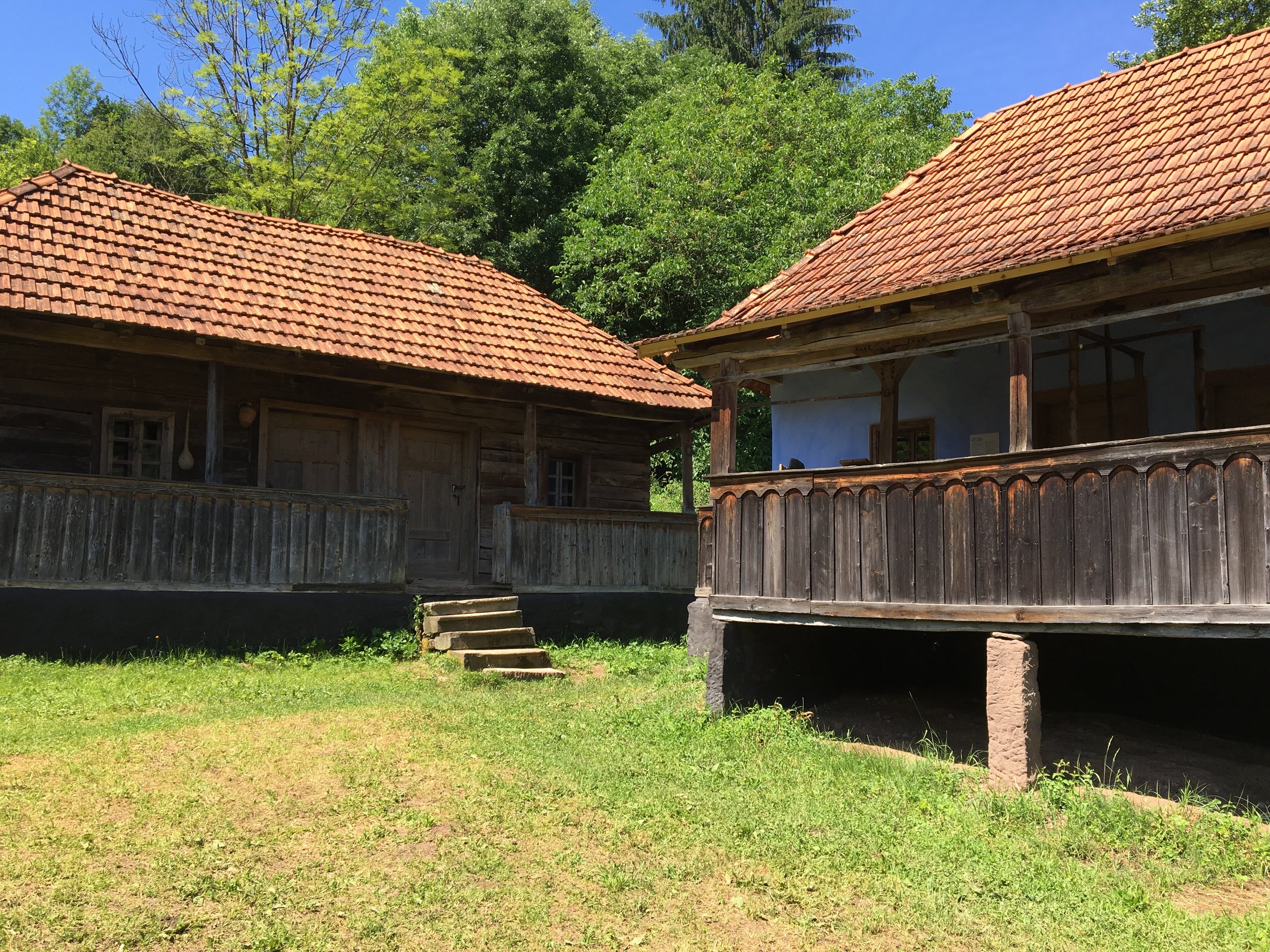
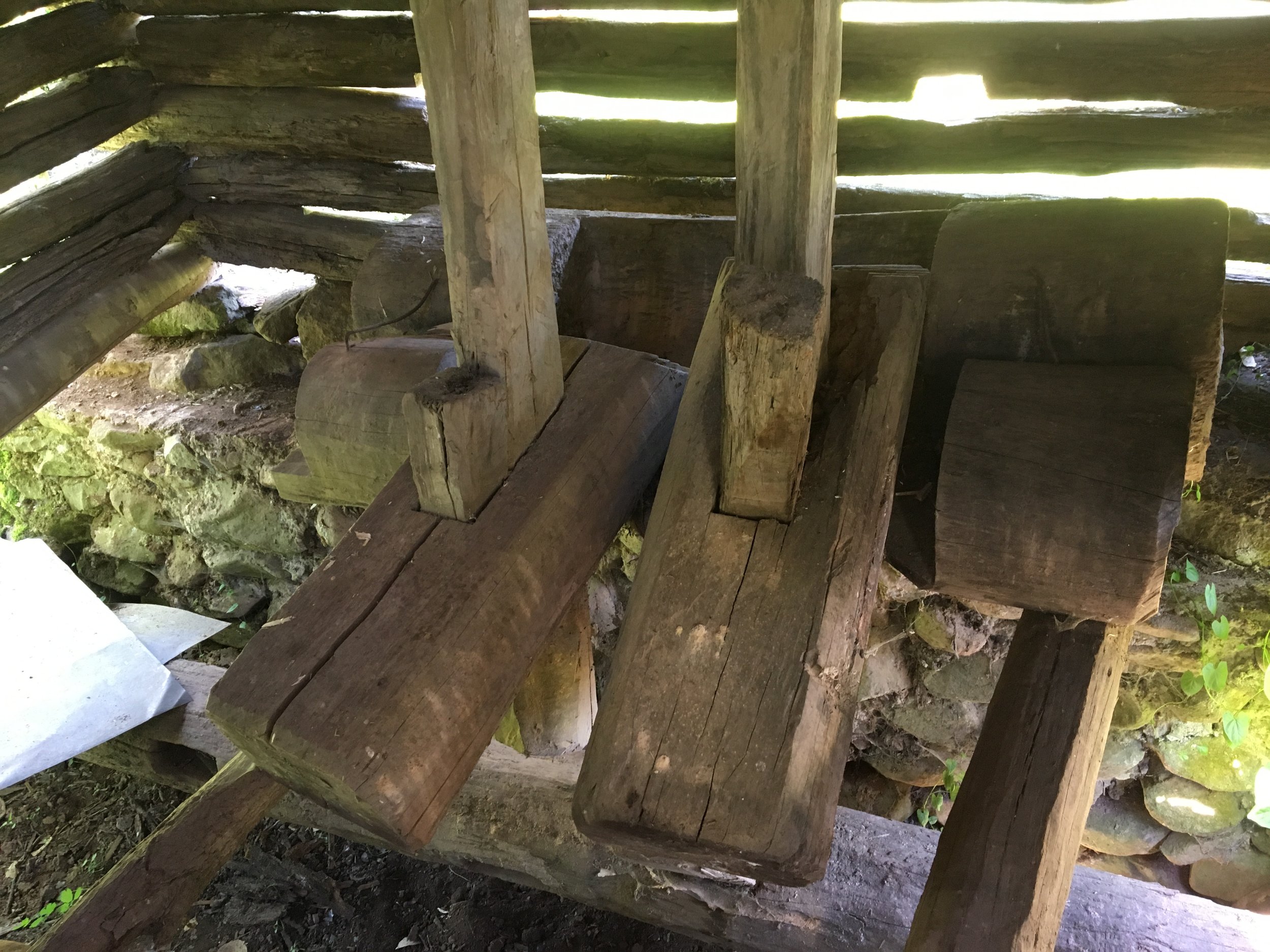

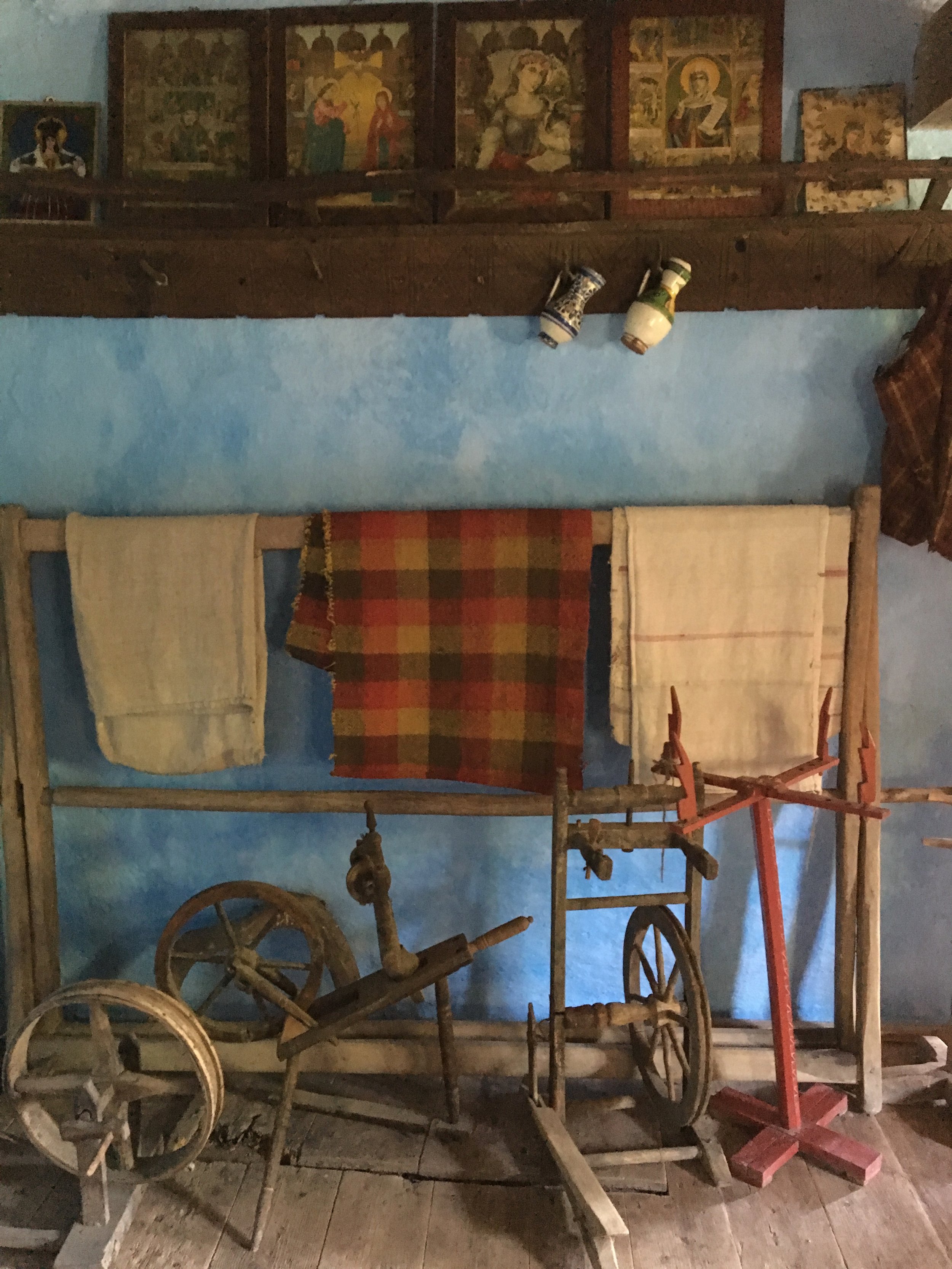

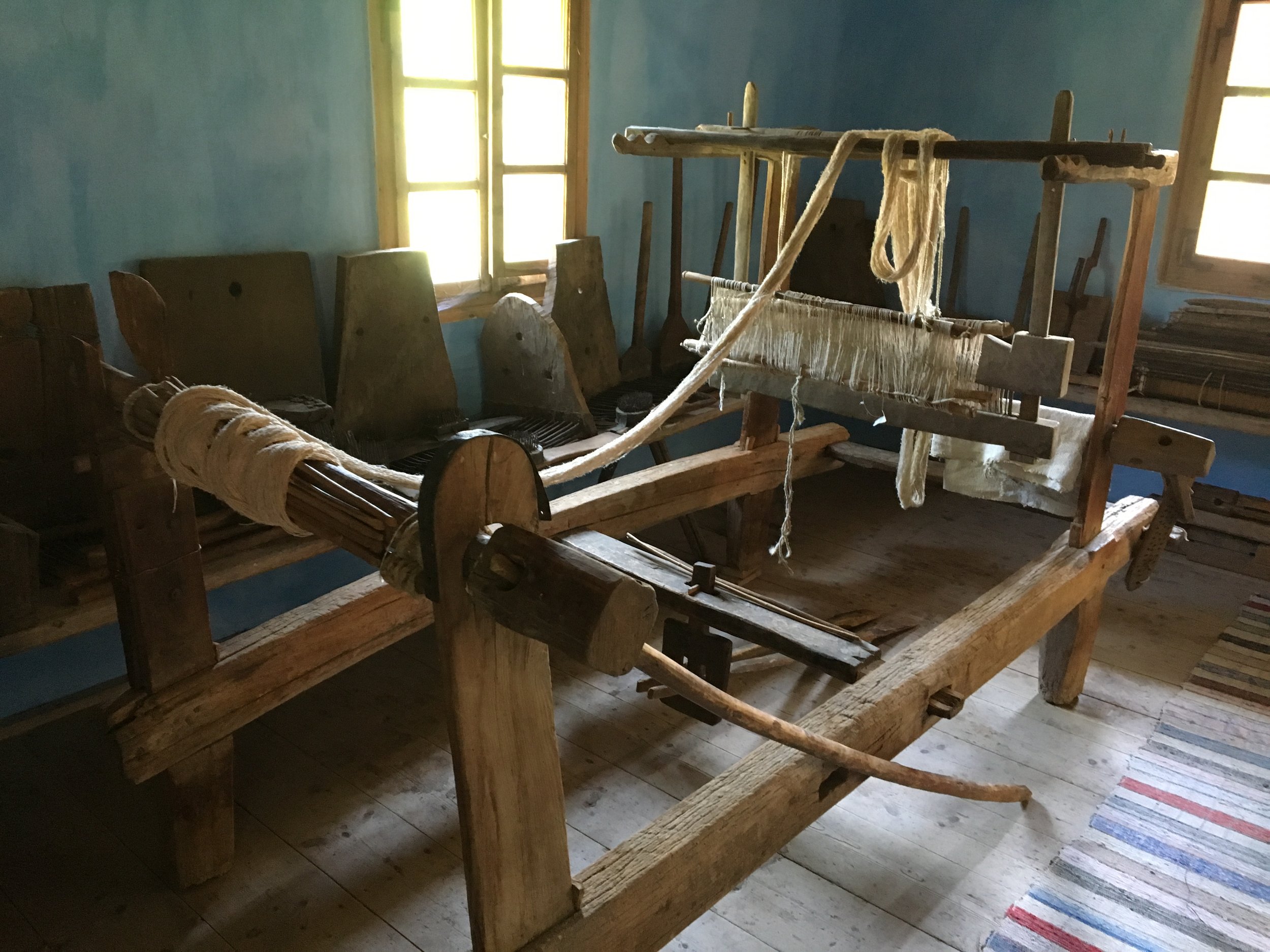

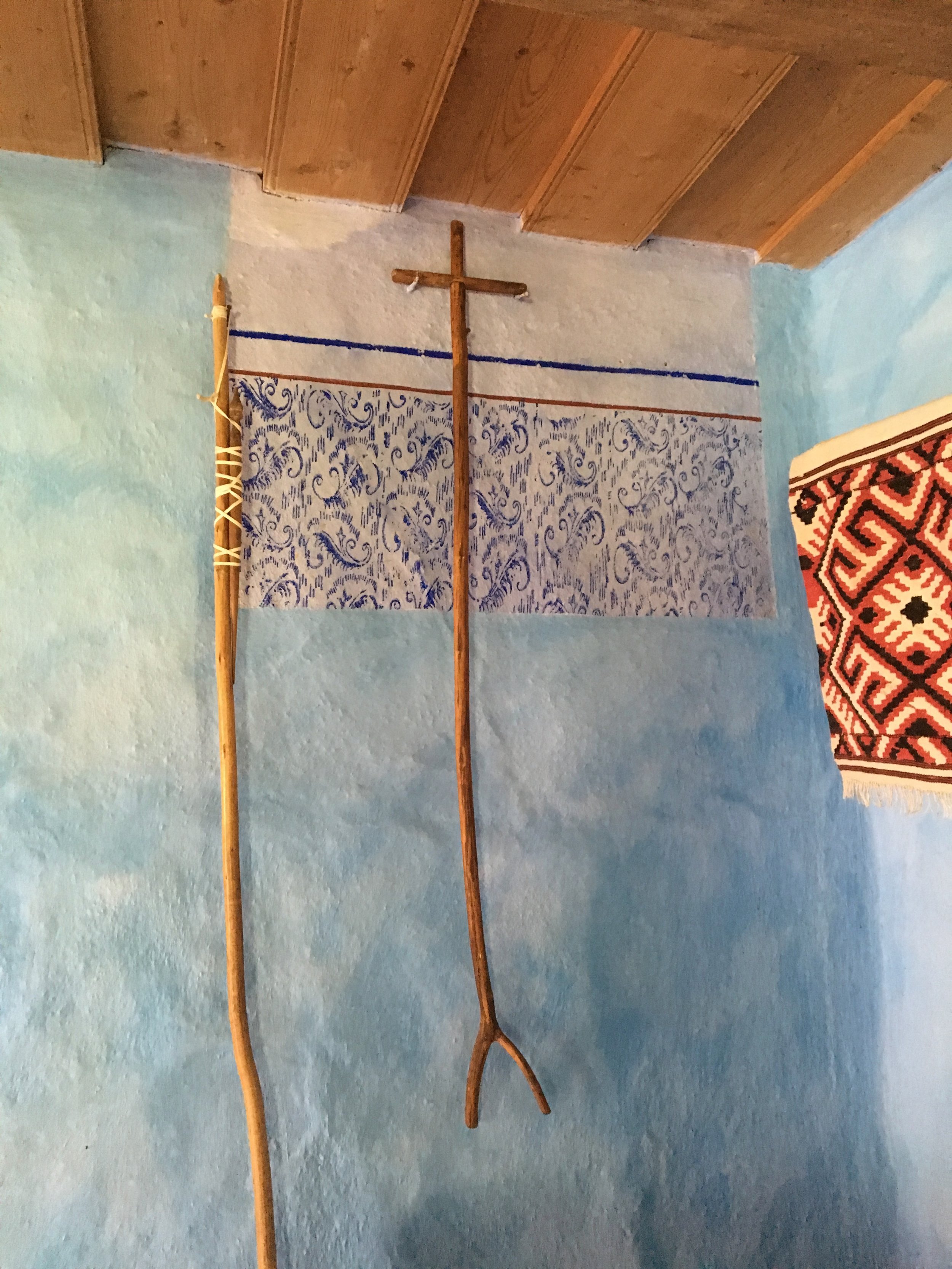
Industrialization has brought us many gifts, but threatens the loss of an ancient craft and fine art that has sustained the livelihood and self-sufficiency of women and men for tens of thousands of years in the most sustainable ways possible. As we expand our own business it is impossible to forget that as individuals, our goal is to support our planet using all of the information we know. As we learn, we can’t help but reevaluate where our priorities lie: with the highly skilled makers around the world who’s livelihood depends on carrying on an ancient art.
In light of the devastating impacts of covid-19, I look at a place like the Transylvania region that is rich in natural resources and self sufficient in it’s community of skills and I can appreciate the value of a simpler life. We are committed to promoting the stories of makers as we bring their handmade creations to homes around the world.
